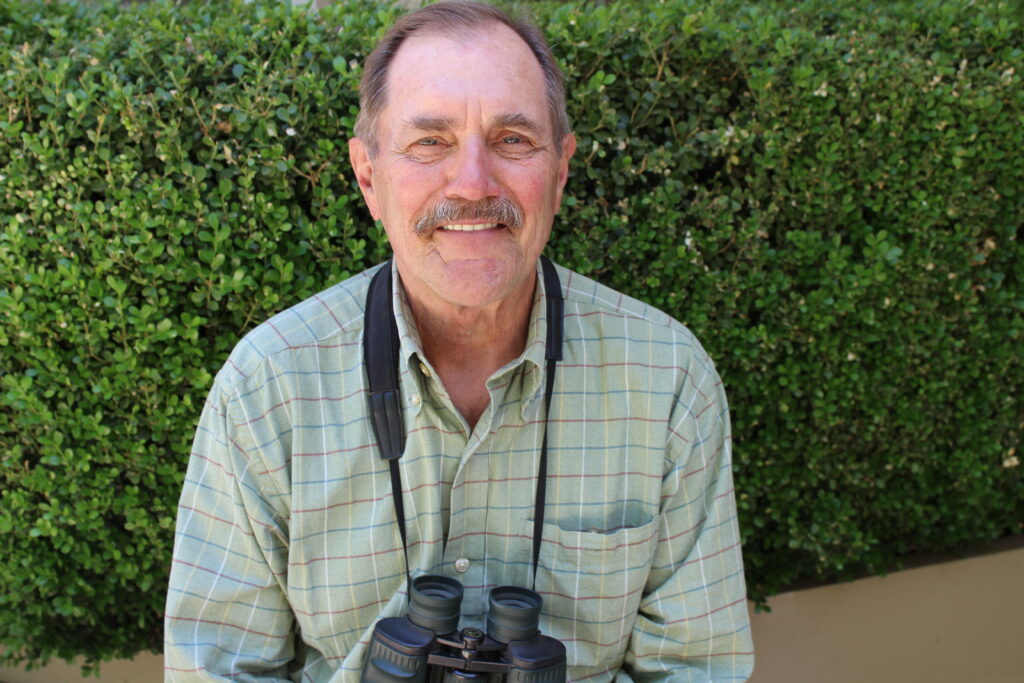I’m often asked what it takes to become an ornithologist. See my careers page. There really is no one path and there is no university that I know of that awards a degree in ornithology. I received a PhD in Zoology. What made me an ornithologist is an undergraduate course in ornithology, two long graduate research projects (five years’ worth), one on the ways flycatchers catch insects, including a lot of high-speed motion picture photography, and one, my doctoral thesis, on the ecology of seven species of flycatchers. I also taught as a teaching assistant the labs and field trips in ornithology classes. I worked as both and undergraduate and graduate student for professors who were doing ornithological research. I also took many units of other classes to fulfill requirements for the PhD, passed a preliminary oral examination and final written and oral examinations. Whew. Then I could pass myself off as an ornithologist. (The Wilson Ornithological Society offers a guide to graduate ornithological studies.)

But one is always learning, so when I got a real, paying, job as a professor, I continued to teach, do research in ornithology, and attended and presented my research at professional meetings, including two international ones. Honestly, I think it wasn’t until 10 years or so out of grad school that I really started calling myself an ornithologist because by then I had lots of experience.
But it’s not a lucrative field. The average salary for an ornithologist is $63,000 per year and the outlook for jobs in ornithology is about average for all jobs today. But if you enjoy a job watching birds, making a moderate salary is probably better than making a high salary.
I received an email from a geologist who asked what to call an ornithologist who studies waterfowl. Geologists have various subspecialities with their own names: petrologists who look for oil, paleontologists who search for fossils, vulcanologists who study volcanoes, and hydrogeologists who study water flow. And there are acrologists, entomologists who study mites and ticks, and apicologists who study bees. There are ornithologists who study waterfowl, seabirds, colonial birds, and parrots, and ornithologists who study the ecology, behavior, population dynamics, physiology, anatomy, evolution, and eyesight of birds, but I’ve never heard specific terms for these specialties.

I guess it is because geology is a major field like chemistry, physics, and biology. All of those have subfields like organic chemists, astrophysicists, and in biology, physiologists, microbiologists, or ornithologists. Ornithologists are simply biologists who study birds. I read this morning about a papyrologist, an expert anthropologist who studies ancient manuscripts on papyrus so I suppose ornithologists could come up with Owlogists, Gooseicists, or Ornicologists, but do we need to? I think not. There is a word for people who study birds’ nests – caliologists – and neossology is the study of young birds, and the study of the distribution of feathers is pteryology. But these are just unneeded and pretentious terms.
I’m basically a field biologist, often referred to as the “bird guy.” That’s fine with me.